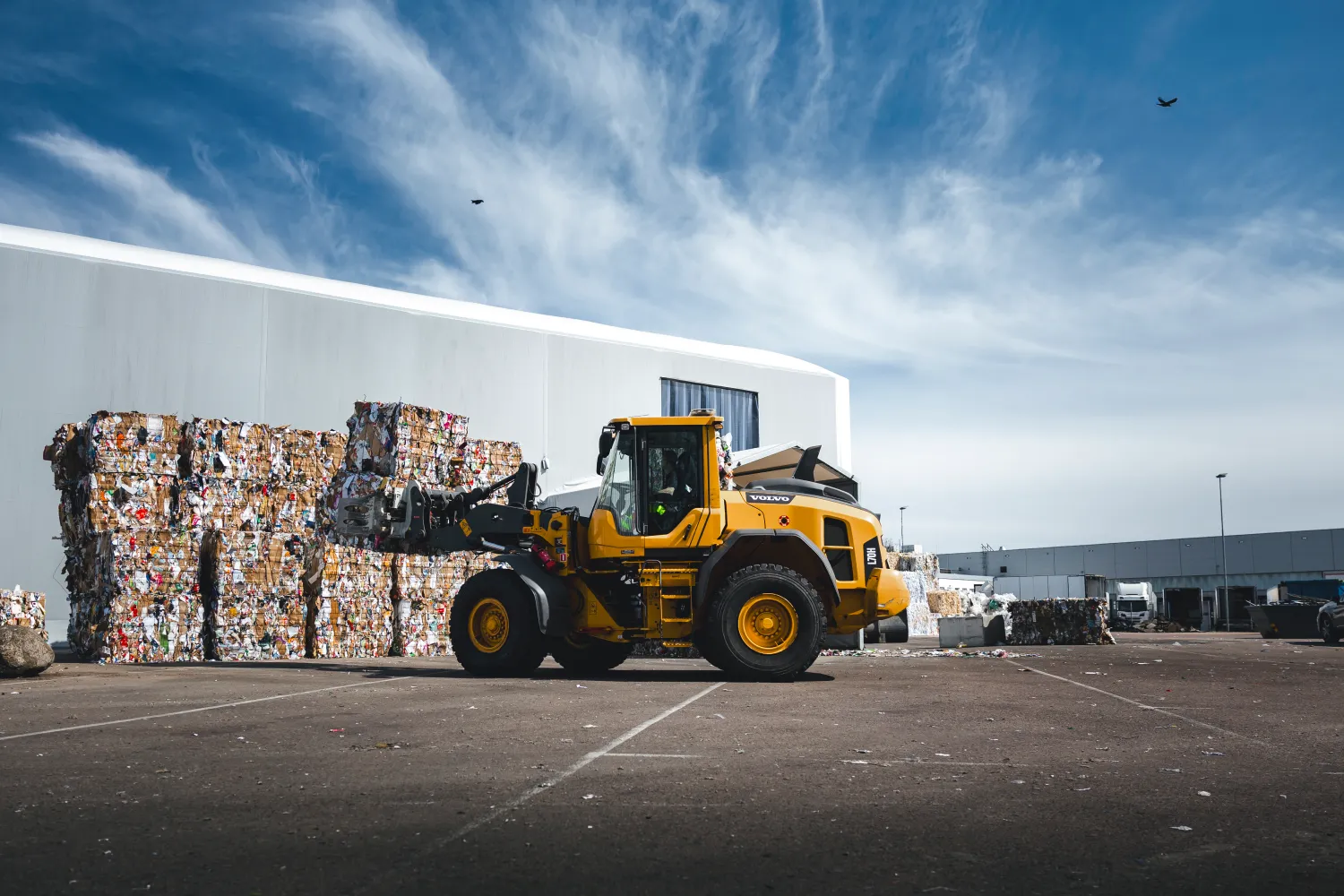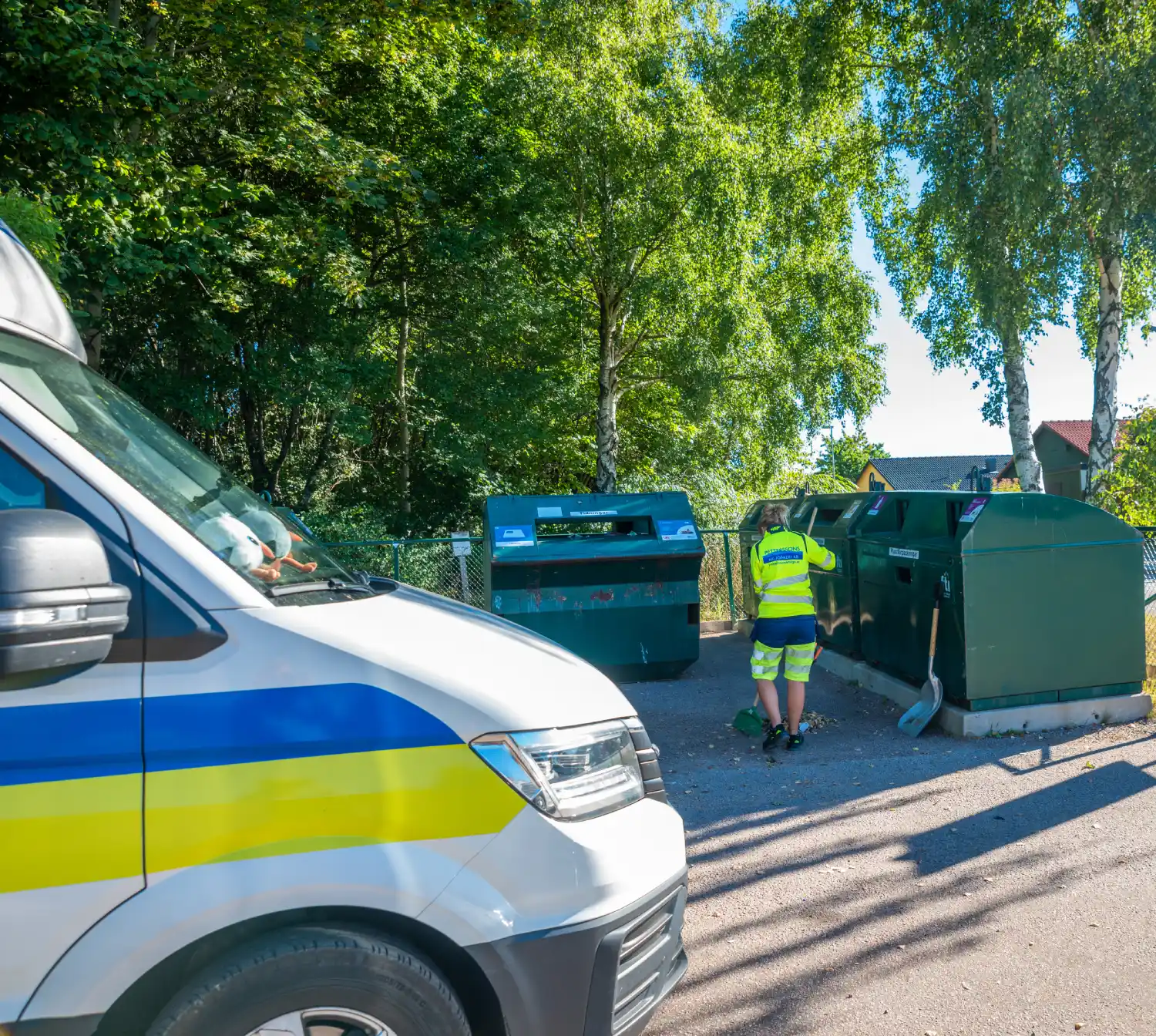How Sweden Transformed Recycling into a National Passion
How Sweden Transformed Recycling into a National Passion
Blog Article
Sweden is widely regarded as you of the very eco-conscious countries on earth, and their recycling efforts are in the middle of the natural reputation. With an extended record of sustainability methods, Sweden has not only implemented efficient Recycling (Återvinning) systems but additionally fostered a lifestyle of environmental obligation among their citizens. Today, recycling in Sweden isn't merely a policy—it's a national goal, embraced by individuals, organizations, and the federal government alike.
Extraordinary Recycling Prices
Sweden's commitment to recycling is evident in their outstanding statistics. The united states recycles nearly 99% of its house waste, making it a global head in waste management. Swedish citizens sell paper, pockets, metals, and glass with exceptional uniformity, assisted by a comprehensive and well-organized waste series system. Local authorities make sure that recycling bins are easily situated, which makes it possible for Swedes to take part in the process.

Waste-to-Energy Design
Along with conventional recycling, Sweden has pioneered an impressive waste-to-energy (WTE) model. Rather than landfilling or incinerating waste with harmful emissions, the nation changes an important percentage of their residual spend in to energy. Around 50% of Sweden's spend is employed to produce electricity and heat, contributing to the country's alternative energy goals. That technique reduces landfill use, reduces carbon emissions, and transforms waste into a valuable resource.
Extended Maker Duty
One crucial aspect in Sweden's recycling success may be the use of Extended Company Obligation (EPR). Below this technique, producers are required to get responsibility for the lifecycle of their items, including the recycling of packaging and end-of-life items. This legislation has resulted in a decrease in presentation waste and a rise in sustainable product design. Specifically, Sweden has made substantial strides in reducing single-use plastic waste, with corporations shifting toward biodegradable or recyclable alternatives.
Public Attention and Education
The Swedish government has additionally invested seriously in increasing public attention about recycling. Instructional campaigns have shown people about the environmental benefits of correct waste selecting and the significance of lowering consumption. Recycling is taught in colleges, and folks of all ages are encouraged to take part in waste decrease initiatives. That popular environmental consciousness has led to a society that takes pleasure in their green qualifications, with recycling becoming next character to many Swedes.

To conclude, Sweden's responsibility to recycling is a great exemplory instance of how a nation can integrate sustainability in to their primary plans and daily practices. The country's extraordinary recycling prices, waste-to-energy design, and forward-thinking approach to spend management function as a blueprint for other countries striving to cut back their environmental impact. With continued advancement and community involvement, Sweden is set to keep at the forefront of worldwide recycling initiatives, demonstrating that eco-friendly techniques are not only a trend—they're the future.
Report this page